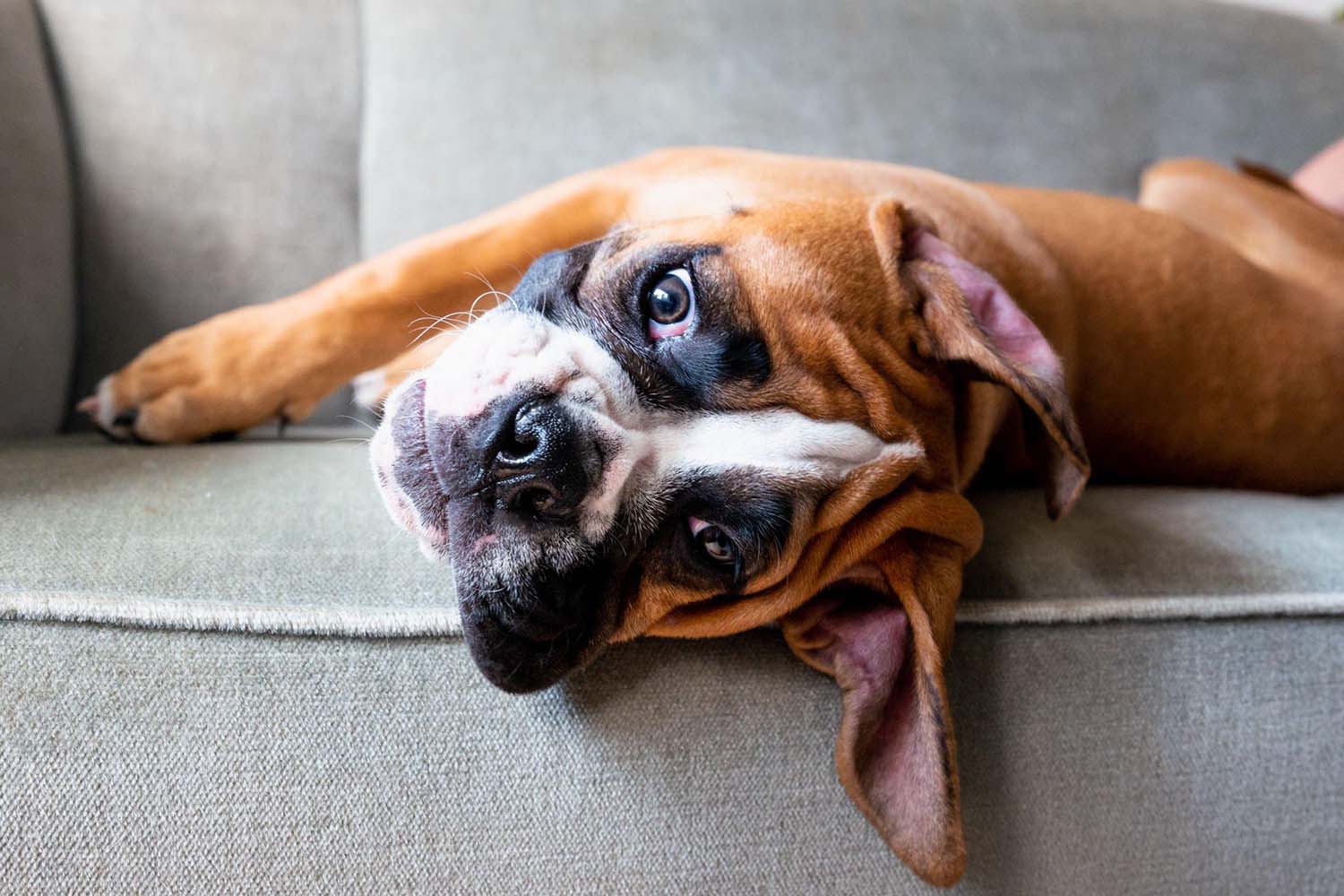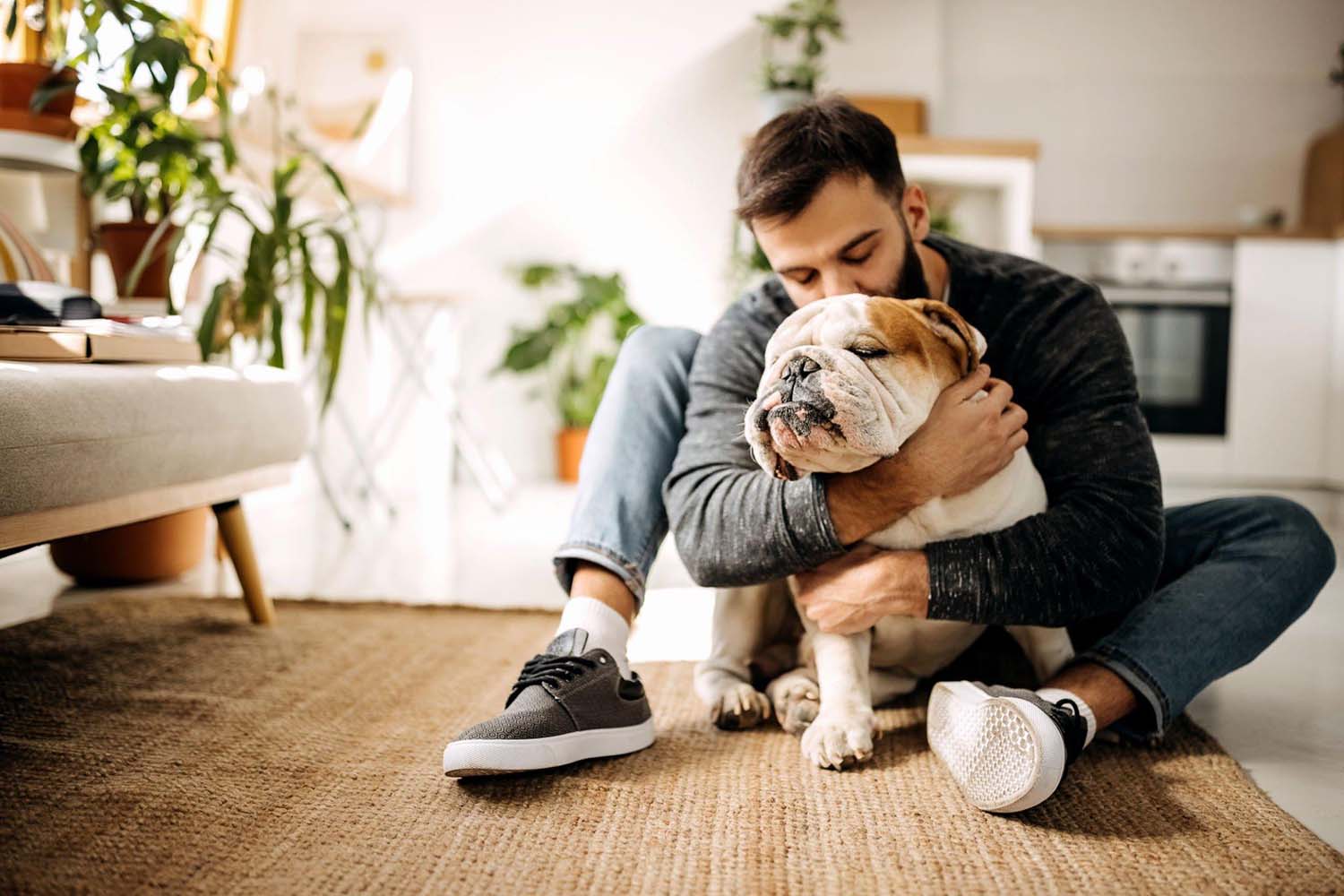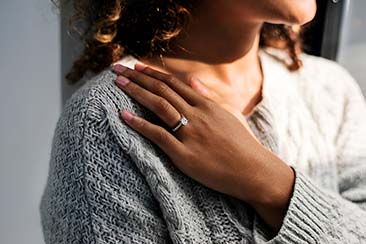Dog ownership is an alluring lifestyle change but it requires more work than you initially realise.
Getting a puppy is one thing, but when it turns into a 50lb dog who needs six miles of walking daily and eats you out of house and home, you suddenly understand the real task. Not only is dog ownership a costly process as you fork out for medicines and operations, but it is also a lengthy commitment. Your dog could live to be 20 years old. Can you foresee the next twenty years financially for yourself? Ultimately, owning a dog means responsibility for their needs for as long as two decades.
Still interested? Then let’s discuss what those needs might be.

Vet Visits and Insurance
When you plan to pick up your new dog, you should also plan to insure it straight away. A new puppy will require shots and potentially tests. It will need a vet check from the first moment you bring it home, to tell you if there are any underlying health issues. If you insure your pet before you reach that stage and a health issue does arise, you then have the financial backing to deal with it.
Microchipping
It is now law in the UK that your pet should be microchipped. The chip goes into the back of their neck where the fur ruffles. If lost, a vet can scan the neck area of a cat or dog and find out who it belongs to. No microchip means no getting your pet back if it runs away. To be extra safe in this, you should consider a tag with your number on it which the dog wears around their collar.
Top Tip: you could be fined up to £500 for owning a dog that doesn’t have a microchip.
Dog Food and Health
A dog’s digestive system is stronger than ours, but also weaker at the same time. There are foods we eat which dogs cannot, due to the chemical compounds in the food creating toxicity when it enters the dog’s digestive tract. Try adjusting their food if they experience health issues. For example, try low fat dog food for pancreatitis, easily digestible dog food for Cushing’s Disease, or senior dog food for a pup who is over 9 years old.
Foods Dogs Can’t Have
Your dog can’t eat the following human foods due to toxicity. These foods include:
– Onions
– Grapes
– Chocolate
– Avocado
– Garlic
– Be careful with dairy, some dogs like cheese, others are allergic.
– Caffeine
– Sugary foods
– You can find a full list courtesy of the Battersea Cat and Dog Home.
Extra Care for Your Dog
Once you cover the basics of food, health, and daily exercise, you must factor in the other costs. You may need to pay for a groomer every few months or even hire a dog walker. If not, you could end up paying for a dog sitter when you go on holiday. The best advice is to only choose a family dog when you have the means, the time, and the level of activity needed to make that dog’s life as comfortable as your own is. Otherwise? You can always adopt a dog you don’t have to care for personally through charities.








